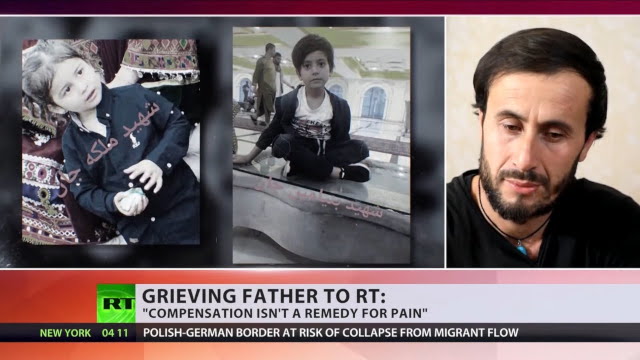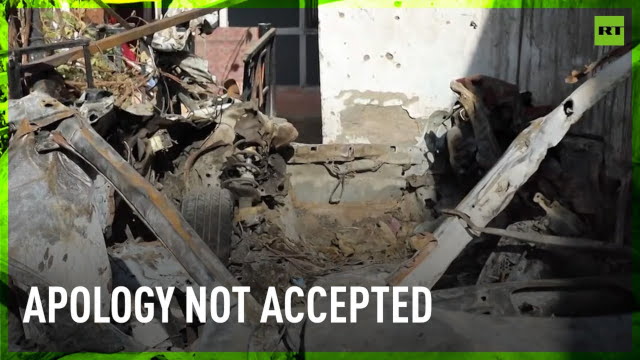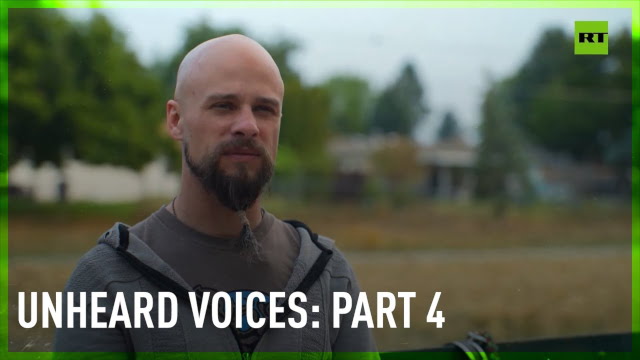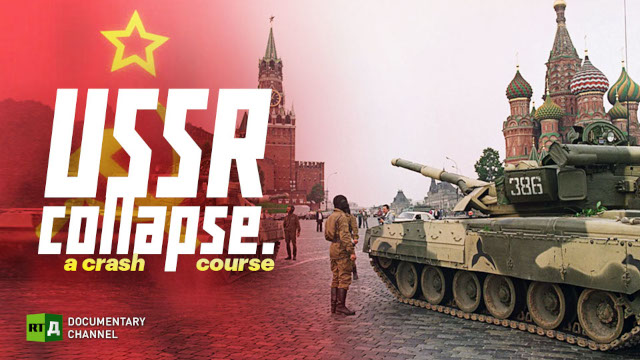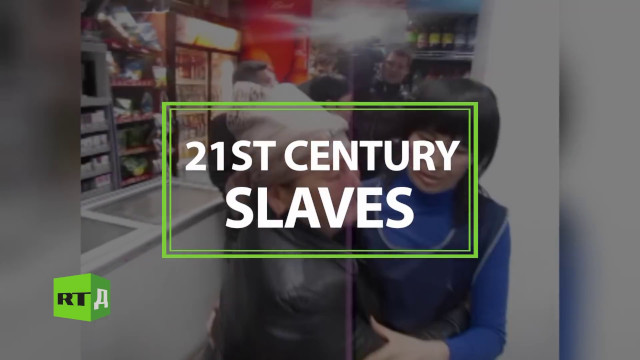|
||||||||||||||||||||||||||||||||||||||||||||||||||||||||||||||||||||||||||||||||||||||||||||||||||||||||||||||||||||||||||||||||||||||||||||||||||
|
|||
|
|||
|
|
|||
The events of 1991 brought about the dissolution of the USSR. Why did it happen and who was to blame? A new documentary, USSR Collapse: A Crash Course, looks at the historic moments and central figures that are key to understanding the perfect storm that led to the collapse of the Soviet Union. In the 1980s, the USSR’s first and last president, Mikhail Gorbachev, launched Perestroika (restructuring), an economic policy intended to pull the superpower out of stagnation. But Gorbachev’s attempt to jump start the Soviet economy only worsened product deficits. Alongside Perestroika, another Gorbachev reform, Glasnost (openness), eased restrictions on freedom of speech, consequently unleashing a wave of criticism. While Mikhail Gorbachev was a hit with his Western counterparts, he was viewed differently at home. In 1991, a group of Communist hardliners, including the Soviet Union's Vice President, Defence Minister, and KGB head, decided to derail Gorbachev’s reforms. The dramatic events that unfolded from August 18 to 21 of that year became known as a coup and marked the beginning of the end for the Soviet Union. The conspirators isolated Gorbachev in his summer house in Crimea, formed the State Committee for the State of Emergency (GKChP) and announced a new Soviet leader. Tanks rolled into the capital, as anti-coup protesters gathered on Moscow streets. Russian President Boris Yeltsin denounced the coup, ending the drama and securing his own position as Gorbachev’s main rival. In the meantime, nationalist movements gained steam in the Soviet republics. The three Baltic States declared independence, while ethnic conflicts flared up in Transdniester, Abkhazia, South Ossetia, and Nagorno-Karabakh. On December 8, 1991, the leaders of Russia, Ukraine, and Belarus signed the Belovezha Accords. On December 25, 1991, the Russian tricolour replaced the hammer and sickle flying above the Kremlin. Was it possible to stop the Soviet Union’s dissolution? Might the USSR still exist if it were not for Gorbachev’s reforms? Do you regret the collapse of the Soviet Union? Participants of the events, including Mikhail Gorbachev, Leonid Kravchuk, and Stanislav Shushkevich, recollect the final years of the USSR, while ordinary witnesses describe how the collapse affected their lives. 0:00 - Intro 2:41 - The USSR’s first and last president 4:33 - What was ‘Perestroika’? 7:40 - Gorbachev's image in the West 8:20 - Anti-alcohol campaign 11:22 - Boris Yeltsin arrives on the political scene 16:18 – Rising Nationalists 20:43 - Demands for Independence 24:36 - 1991 Referendum on USSR 26:30 - Moldova-Transdniester Conflict 29:35 - Soviet Union’s Swan Song 32:04 - August Coup 37:04 – Where’s Gorbi? 41:31 - Belovezha Accords - - - The Soviet Union ceased to exist in 1991. A new documentary, USSR Collapse: A Crash Course, looks at the historic moments and central figures that are key to understanding the collapse of the world’s largest and seemingly most unshakable country. Mikhail Gorbachev, general-secretary of the Communist Party of the Soviet Union and the USSR’s first and last president, gets credit for ending of the Soviet Union outside his country, but is often excoriated for just that at home. When Gorbachev came to power in 1985, he proclaimed the need to make changes within the country, which was afflicted by stagnation. Perestroika (restructuring) and Glasnost (openness), two popular words of the era, were aimed at transforming Soviet society. However, these flagship policies only aggravated the country's deficit of goods and unleashed a flood of criticism. Meanwhile, Boris Yeltsin appeared on the Soviet political scene in the late 1980s. Once Gorbachev’s protege, he quickly became his mentor’s main rival and was ready to go much further with the reforms. At the same time, nationalists were beginning to come out of the shadows in the Soviet republics. Calls for secession were heard in the Caucasus, Baltics, and Central Asia. In March 1991, an all-union referendum was held asking Soviet citizens if the USSR should be preserved , but in a less centralised form. Some 77% supported the proposal. Gorbachev announced that work would begin on a new Union Treaty to consolidate the remaining republics, but his plans to sign a new treaty on August 20 were derailed. A group of Party men, led by the Soviet Union’s Vice President, Gennady Yanayev, decided to take matters into their own hands and force Gorbachev to step down. The dramatic events that took place on August 18-21, 1991, became known as a coup. While Gorbachev and his family were held captive at this dacha in Crimea, the conspirators announced the creation of a State Committee for the State of Emergency (GKChP). Tanks rolled into Moscow, while thousands of anti-coup protesters gathered in central Moscow. On August 19, Yeltsin arrived at the White House, a focal point for resistance, and denounced the move as a ‘reactionary coup’. The August coup failed. The leaders of Russia, Ukraine, and Belarus later signed the Belovezha Accords that dissolved the USSR. On December 25, 1991, the Russian tricolour replaced the hammer and sickle flying above the Kremlin. Was it possible to prevent the Soviet Union’s dissolution? Might the USSR still exist if it were not for Gorbachev’s reforms? Do you regret the collapse of the Soviet Union? Participants in the events, including Mikhail Gorbachev, Leonid Kravchuk, and Stanislav Shushkevich, recollect the final years of the USSR, while ordinary witnesses describe how its collapse affected their lives. What topics would you like to explor |
|||
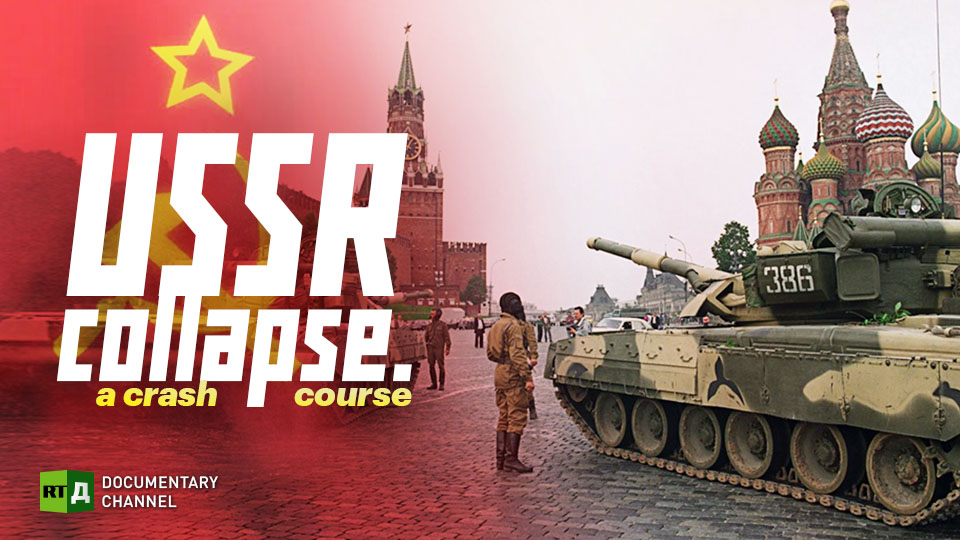 |
|||
|

